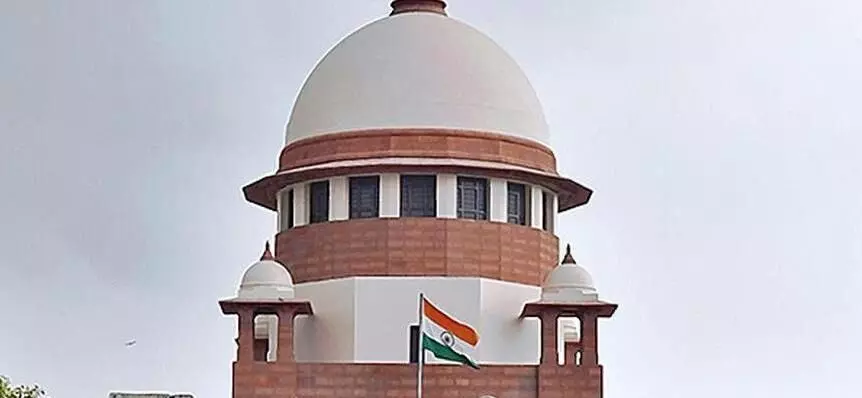
Centre tells Supreme Court there is "no need" to criminalise marital rape
text_fieldsThe Indian government has informed the Supreme Court that there is no need to criminalise marital rape, as existing laws provide "suitably designed punitive measures" for the issue.
According to the Centre, it falls outside the court's jurisdiction to criminalise marital rape, which it considers more of a social issue than a purely legal one, with significant societal implications.
The government stated that decisions on such matters should involve consultations with all relevant stakeholders, including state governments, before any legal changes are made.
While acknowledging that marriage does not negate a woman's right to consent and that violations of this consent should have legal consequences, the Centre noted that the context of violations within a marriage differs from those occurring outside of it.
The government highlighted that while there is a legitimate expectation of sexual relations within a marriage, it does not give a husband the right to force his wife into unwanted sexual activity. It suggested that punishing such acts under existing anti-rape laws may be excessive.
The Centre also pointed out that Parliament has already enacted laws to safeguard married women's rights, including the Protection of Women from Domestic Violence Act, 2005, and provisions penalising cruelty within marriage.
It emphasized that sexual relationship is just one facet of marriage and, considering the significance of marriage in Indian society, it may not be appropriate for the judiciary to interfere with the current legal framework protecting the institution of marriage.























